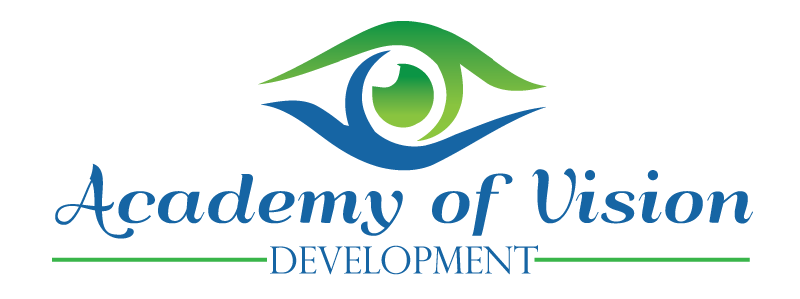Everyone has a level of communication. You just need to find it. When kids would ask what superpower I wish I had, I always responded with: I wish I could speak every single language fluently.
After seeing the video below, I would change it to: I wish I could have the ability to have meaningful communication with everyone, regardless of language or ability.
When I was very little, my girl scout troop went to the nursing home to visit with the patients and to sing songs to them. Most of the girls were scared and shy. Not me! (No surprise!) By the time we left, I was sitting on laps, hugging the residents, holding their hands and singing them songs.
I began volunteering in a nursing home in 7th grade. My friend and I would walk to a nursing home after school once a week and do various crafts, play games, play the piano, visit with residents or take them for walks outside.
I continued volunteering as an adult at a local rehab/nursing facility by visiting with my children and dogs every week. Clearly, I enjoy their company! And we couldn’t go wrong, the residents loved having either my kids and the puppy to love on.
Luckily, I did one of my optometry rotations at a Special Needs Clinic that was attached to a Special Needs School. I also worked 2nd shift at an assisted living facility during the summers in optometry school. And these have been my favorite experiences because I absolutely love the elderly and special needs population!
I’m reminded of one patient I had years ago that came for an eye exam when I worked in a corporate optometry clinic at the mall. Due to diabetes and a long history of stroke, he had no legs and could only say: seeeeee!
I helped him transfer from his wheel chair into the clinic chair and proceeded to perform his exam. Through history and discussion we quickly found a good way to communicate: I would ask yes or no questions and he would answer with the tone of his voice: SEEEEE!!! or seeee.
When it came time to check his glasses prescription, bc of his amputations and limitations of the exam chair, he couldn’t quite reach the phoropter (big, mounted “glasses” that we check prescriptions with during an exam). So I hauled out the trial lens kit that they usually hide in the closet, got out a trial frame and set to work finding this man the prescription that would work best for him.
I was on my hands and knees on the floor in front of his chair and we continued his exam. I took my time and made sure we found the best prescription for him so he could function appropriately and SEEEE!!!
When we were finished, as we left the room, his wife pulled me aside and thanked me for being so kind and working so long and hard to find the right prescription for him.
But what has stuck with me was what she said last: “I believe this is the first time someone has actually treated him like a person since his stroke when he lost the ability to speak. This is the most animated and happy I’ve seen him since then, all because you took the time to figure out how to communicate with him. I cannot thank you enough.”
I know that many people have a hard time trying to communicate with special needs people or the elderly but if you go into it with a sense of how you would want someone to talk to your mom or grandma or little sibling, then you can try to find some common ground and communicate effectively.
Remember, every human has a need to feel like they belong and they are loved. Speaking their “language” is a good first step to helping people feel loved and accepted.
Schedule your initial evaluation with Dr. Sanders and learn how we can help your child excel!

